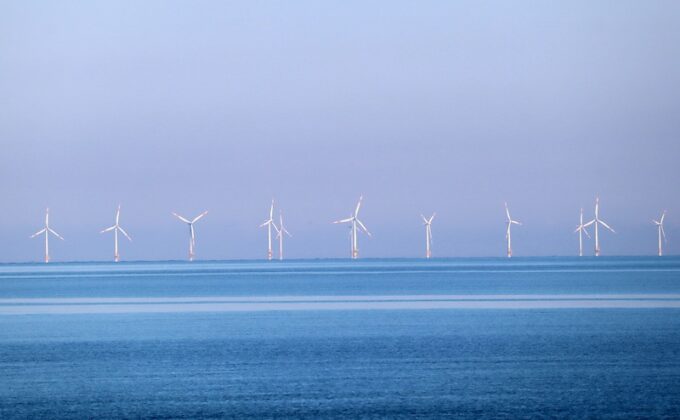
Blog
Incisive commentary from RAP experts
RAP experts keep their finger on the pulse of the energy sector and provide timely analysis of topics impacting stakeholders TODAY.
Filter >>
Content Filter:
January 28, 2021
交通领域电气化转型的政策工具选择
要想实现交通运输领域的电气化转型,合理规划、采取激励措施、扫清障碍以及建立正确的监管框架都是必要条件。但不同地区的农村和城市生活方式各不相同,需要各自寻找适合自身的解决方案。睿博能源智库(RAP)的Camille Kadoch总结了我们为美国订制的RAP电动汽车路线图,提供了一套可供自由组合的政策工具包,涵盖了目标、资金来源、政策协调、激励措施(包括非财政激励)、充电建筑规范、与电力公司的合作、政策指南、立法模型等。它还包括一个powerpoint演示文稿,以便于向决策者和公民解释各种选择。Kadoch在文章最后引述研究报告称,交通领域的电气化转型每年可创造10万个以上的净新增就业岗位,每年可拉动GDP增长25亿至99亿美元。这对于任何希望走出疫情阴云恢复经济的国家来说都是非常有用的。虽然该工具包是为美国决策者开发制定的,但任何地区的决策者都可以参考。 交通部门的电气化为各国提供了一个契机,可以为公民节省燃料开支,改善地方经济,解决国家安全问题,改善公共卫生和应对气候变化。… View Summary +

January 25, 2021
Why Rate Design in New England Needs a Refresh
- David Littell ,
- Donna Brutkoski
Looking ahead to 2030 and then beyond to 2050, the majority of New England states have set ambitious clean energy goals. The growing adoption of new technology empowers energy customers to play a direct role in making these goals happen… View Summary +

January 25, 2021
Offshore-Windenergie als europäische Ressource
Die Stromerzeugung durch Offshore-Windkraftanlagen ist eine besondere Form des Strombezugs, weil es bisher nur wenige Erzeugungsanlagen und auch nur einzelne Stromleitungen gibt. Sogenannte Offshore-Netze – insbesondere zwischen den EU-Staaten – gibt es bisher nicht. Diese Tatsache birgt aber auch eine… View Summary +
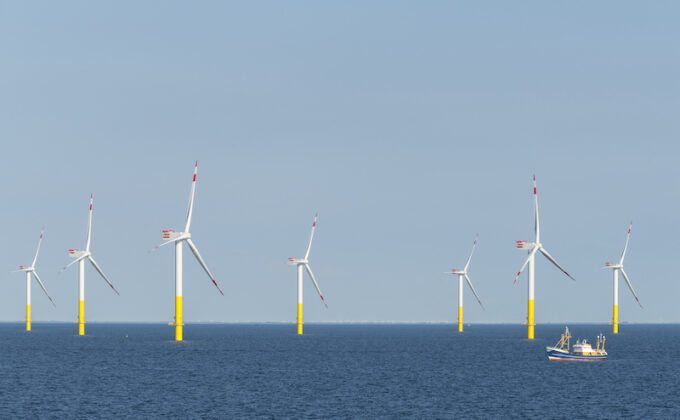
January 22, 2021
Unlocking India’s clean energy potential through demand flexibility and distributed energy resources
- Dheer Patel
India’s quest to strengthen the long ailing power distribution sector has largely revolved around proposals to restructure the sector and redesign retail tariffs with periodic financial bailouts. These proposals show promise in alleviating present issues. It becomes crucial, however,… View Summary +
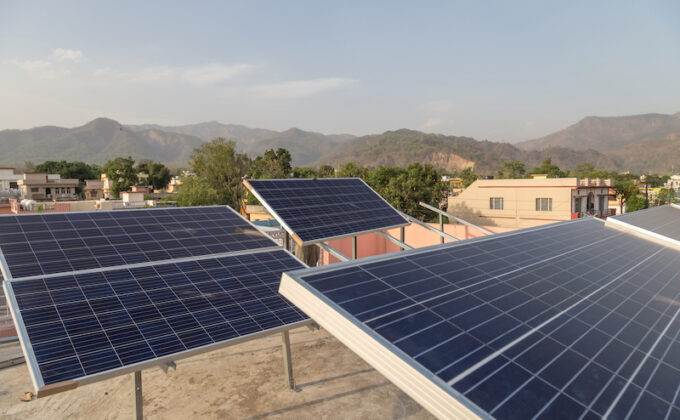
December 19, 2020
Time for energy efficiency to be valued as a grid resource
- Samuel Thomas ,
- Filippos Anagnostopoulos
What if you, as an electricity consumer, could get compensated fairly for the energy you did not consume? In the U.S., participants in pay-for-performance schemes are being paid incentives to improve the energy efficiency of their buildings. View Summary +

December 17, 2020
It is time to bring consumers on board the energy transition
Power systems are in the midst of profound transformation. More nations are striving to decarbonise their electricity grids and to electrify sectors previously powered primarily by fossil fuels such as heating and transport. To help weather this sea change, policymakers… View Summary +
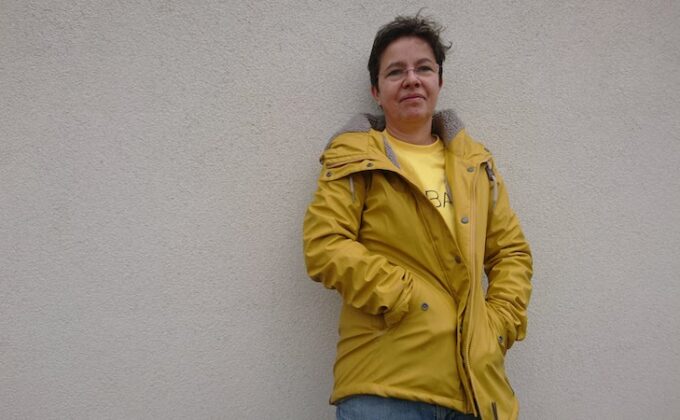
December 16, 2020
Green urban freight: How to electrify our deliveries today
Every year, freight companies deliver four billion parcels containing online orders across the EU. With the ongoing pandemic, experts predict the market for express delivery will grow by more than $10 billion (€8.3 billion) by… View Summary +

December 16, 2020
Energy efficiency: Secret ingredient that can make Turkey’s energy transition a success
- Değer Saygin ,
- Jan Rosenow
At a recent pan-European energy efficiency conference in Paris, representatives of a large energy service company shared the well-kept secret of how they source energy-efficient heating technology to install in Europe: They get it from Turkey. Even though Turkey may… View Summary +
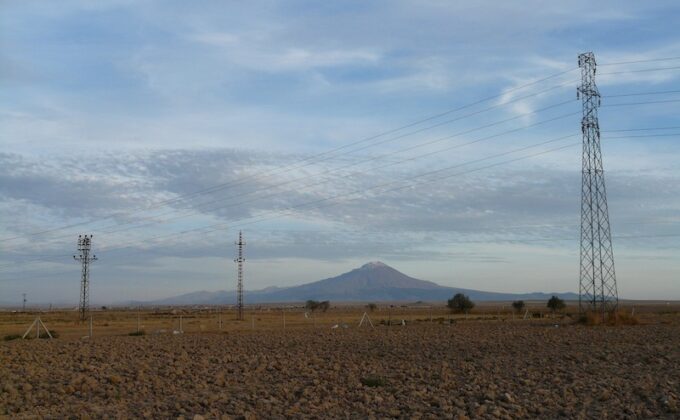
December 15, 2020
储能如何参与市场?
- Fredrich (Fritz) Kahrl ,
- Wang Xuan ,
- Max Dupuy
正如世界上其他国家一样,中国电力行业要走向零碳发展的未来,需要有灵活性资源的支持。储能,特别是电化学储能,由于近年来成本大幅度降低,以及其多重应用价值,前景越来越光明。并网储能能够成本有效地发挥帮助可再生能源并网、提高剩余火电厂运行效率、提供调峰调频等辅助服务、管理电网阻塞、替代输配电设施、抑制价格波动等作用。根据CNESA储能项目库的统计,到2019年底,中国已投运储能项目累计装机32.3 GW, 其中抽水蓄能约30GW,电化学储能约1.6 GW。最近的一些… View Summary +

December 12, 2020
Offshore wind should be seen as a joint European resource
Offshore wind is a special resource. The fact that there is little legacy infrastructure, coupled with the impressive European ambition of expanding the current capacity of 12 GW to 300 GW by 2050, raises an important question: How can we… View Summary +
